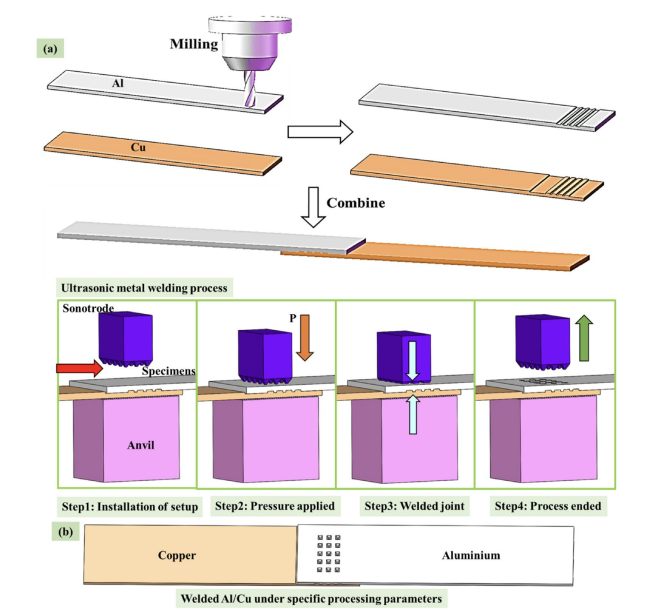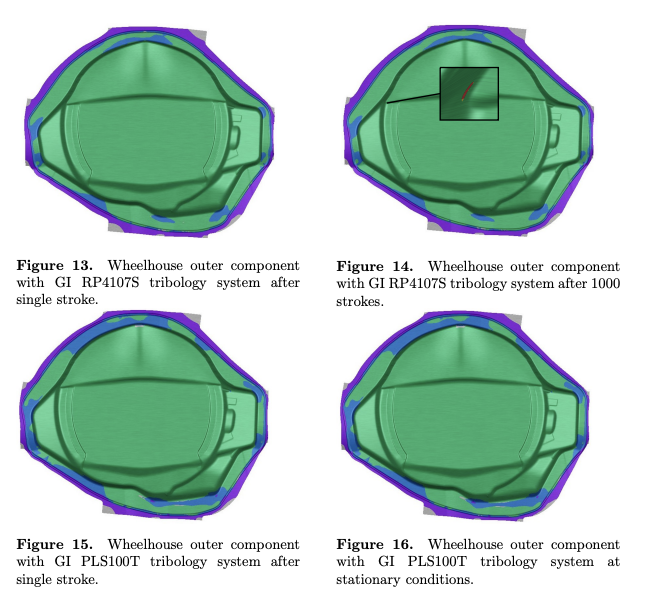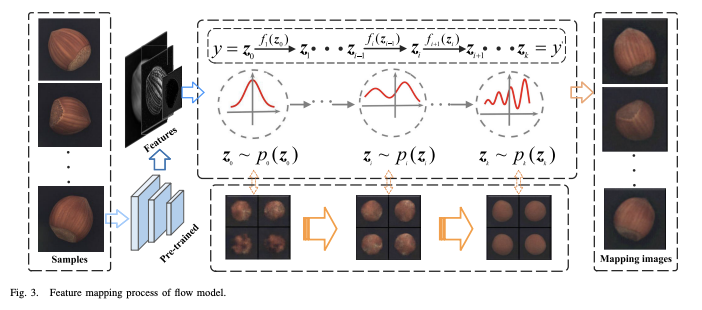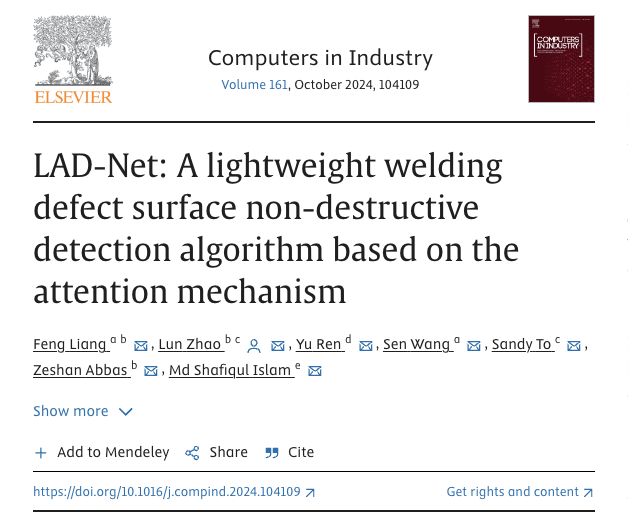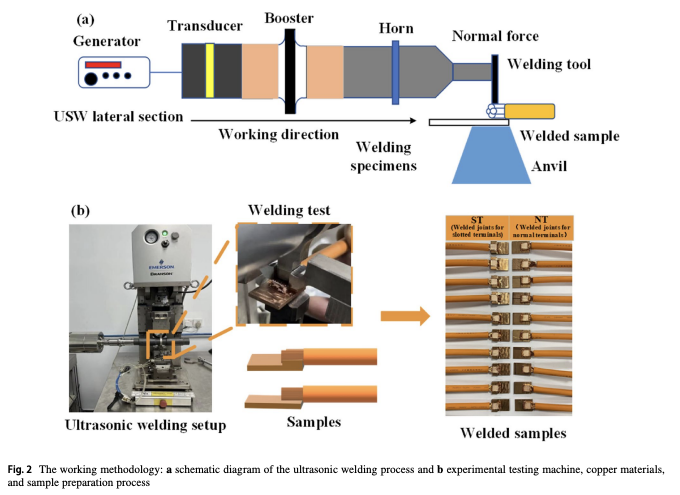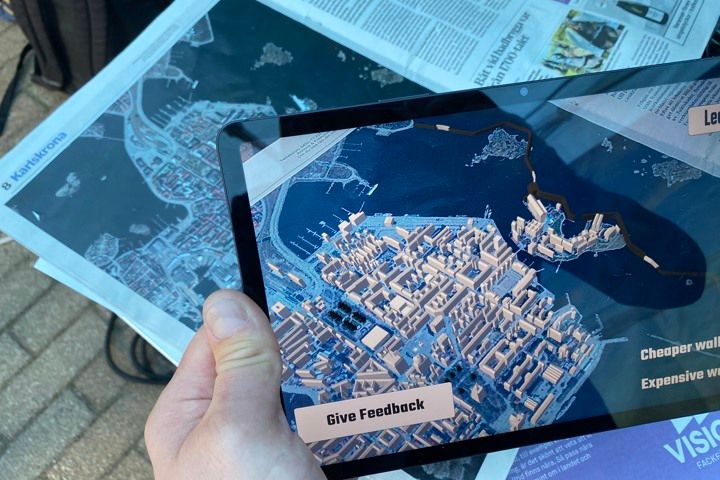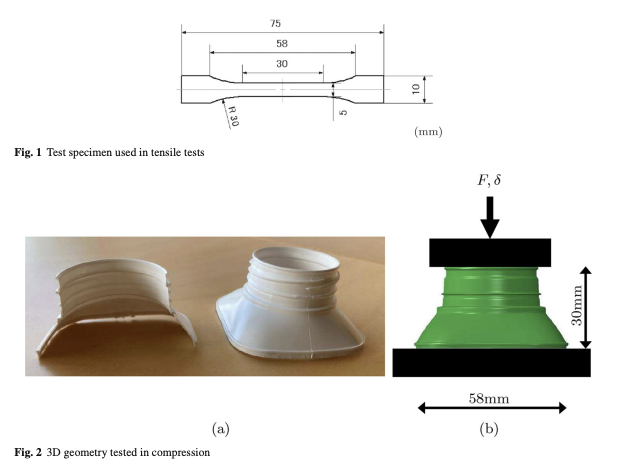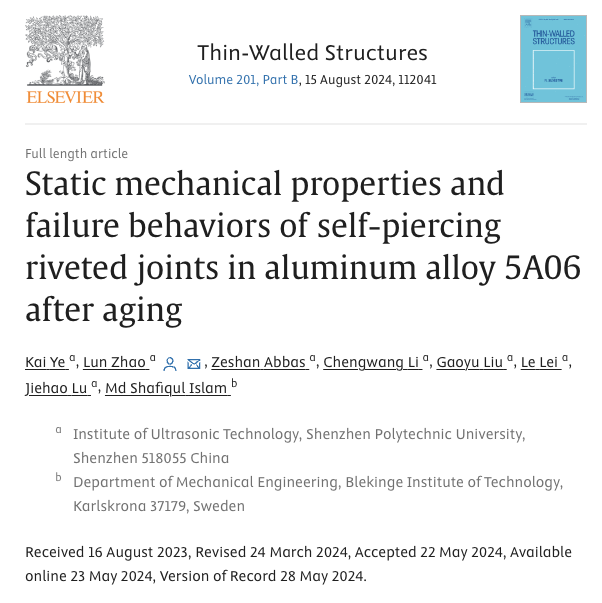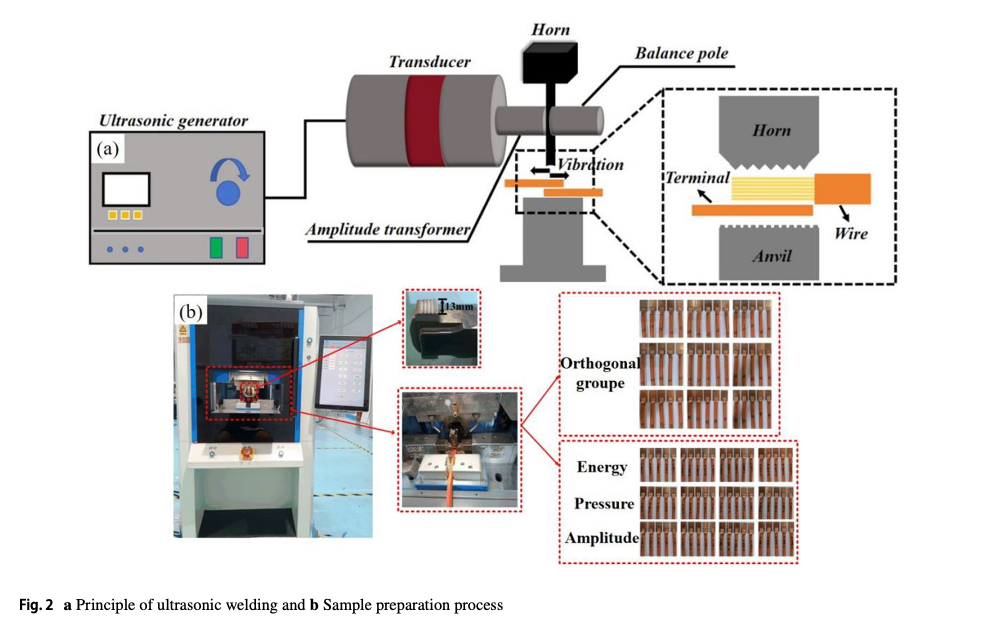Abstract In this paper, dissimilar aluminum (Al) and copper (Cu) metals were joined together using ultrasonic metal welding (USMW), a solid-state welding technology. From the perspective of increasing the base metal welding contact area, the Cu/Al mating surface was innovatively prepared and ultrasonically welded. A comprehensive analysis was carried out on the forming quality, welding […]
Read More